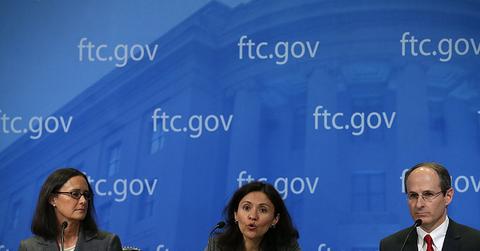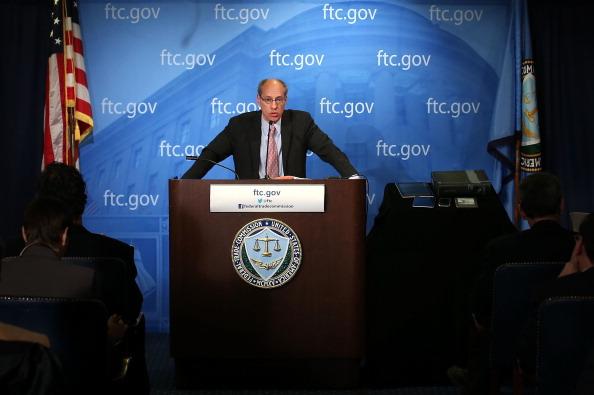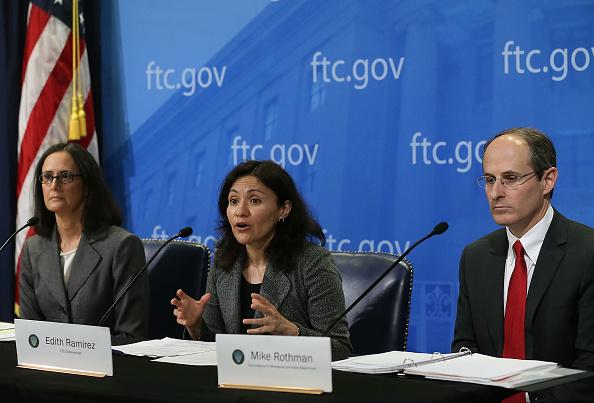What Is the "Click to Cancel" FTC Rule? Details
The FTC has created a new effort to put an end to consumers being trapped by unwanted fees. So, what's the "Click to Cancel" FTC rule?
March 24 2023, Updated 2:33 p.m. ET

Over the past few years, American's apprehension has resulted in great distrust of the unknown and fear of misinformation. Consumers on a nationwide basis constantly search for the truth amid the noise of opinions drowning out facts, making the issues of economics in American life even more confusing. The FTC's job is to ease those worries by introducing new legislation.
To combat the growing concerns around unethical business practices or seemingly-endless subscription services that drain bank accounts in the background, the FTC has created a new effort to put an end to consumers being trapped by unwanted fees. What is the FTC and what is the "Click to Cancel" FTC Rule?
What is the FTC?

Per their official site, the FTC's mission is set on "protecting the public from deceptive or unfair business practices and from unfair methods of competition through law enforcement, advocacy, research, and education." They value a fair economic playing field that keeps the public informed. The FTC has been set on protecting Americans from unfair malpractice and promoting market equality for all businesses. They are the only government board to address these specific needs.
Through the FTC, American consumers can report fraud, identity theft, and submit antitrust complaints. Those in the U.S. can use FTC services to get free credit reports and register for Do Not Call services that prohibit incoming spam calls. The FTC labors for consumer rights and advocates for transparency on an economic level. Ultimately, they work in favor of enforcing antitrust laws and consumer protection. There's a clear end goal to dismantle fraud that may impact Americans.
It's surprising that the FTC is the only designated government organization set on tackling issues around unethical practices concerning consumers, considering how greatly unaware or uninformed Americans could be impacted. Taking action against fraud and market deception in the U.S. could lessen the number of people most vulnerable to unchecked scams or people who may not know that they're being scammed at all. For now, it's up to the FTC to counter wrongs made against consumers.
What is the "Click to Cancel" FTC rule?

The FTC has now taken steps to lessen the hassle of canceling unwanted subscription memberships. The "Click to Cancel" rule would require that companies simplify their cancellation processes by offering more accessible online cancellation options. With this ruling, subscribers would be able to terminate their subscriptions as easily as they can register for them. Sellers would also be required to ask consumers if they had any interest in hearing about offers before they are pitched.
The "Click to Cancel" rule comes after the FTC reported receiving thousands of yearly complaints specifically about recurring services being billed without the consumer's consent. Per Fox Business's reporting, "The idea here is pretty simple. Companies shouldn't be able to manipulate consumers into paying for subscriptions they don't want," FTC Chair Lina Khan said. The ruling would eliminate any redirection for cancellation through personnel through written mail or telephone calls.
Fox Business also noted that "companies that violate the proposed rule could be on the hook for fines of $50,000 per violation." The "Click to Cancel" FTC rule would introduce the means for consumers to get their money back when unwanted subscriptions or subscriptions that can't be canceled were renewed without their permission. While "Click to Cancel" is still pending action and is a proposal, it would ease the stress of paying unwanted fees - and the stress that comes along with it.
